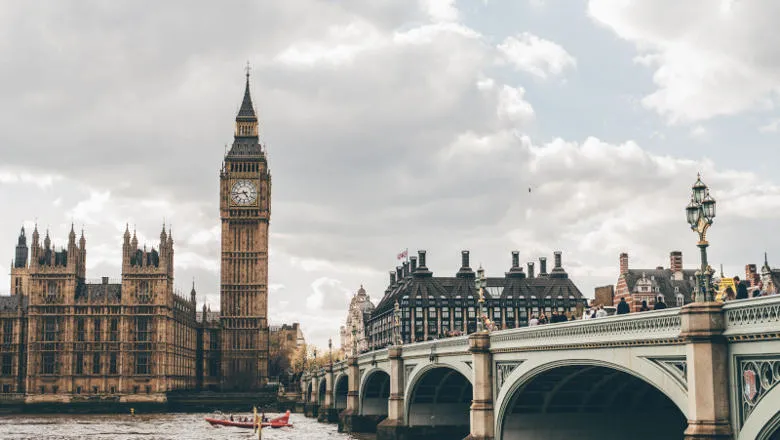The Government "regressed to panic mode" when attempting to deal with the COVID-19 pandemic and ignored established law in favour of "shabbily drafted" new legislation, according to academics.

A new article co-authored by King's academic Professor Andrew Blick argues that – while there is no doubt that the circumstances of the pandemic called for exceptional safeguarding measures – established contingencies legislation would have served as a better framework.
Instead, there was a resort to emergency legislation, which was rushed through parliament, in the shape of the Coronavirus Act 2020, and less appropriate existing law.
The academics argue that the already extant Civil Contingencies Act (CCA) 2004 was the best suited legislation to help the government during the early stages of the pandemic but was the least used "for reasons that should not be tolerated".
The researchers said: "Models of emergency legislation like the Coronavirus Act contradict the wishes of parliament's better self, as represented by the CCA 2004, and contradict the considered warnings of the House of Lords Select Committee on the Constitution.
"The CCA 2004 should have been selected to play a central role in the crisis, especially at its commencement, in preference to the more rushed, less certain and less accountable alternatives."
The article was published in Northern Ireland Legal Quarterly by Prof Blick, head of the Department of Political Economy at King's, Dr Rebecca Moosavian (University of Leeds), and Professor Clive Walker (University of Leeds).
In future, the researchers said, governments should be mindful that a disregard for constitutionalism presents a number of risks, including the pursuit of untested and flawed policies, diminished democracy and weakened fundamental human rights.
You can read the article in full here.






